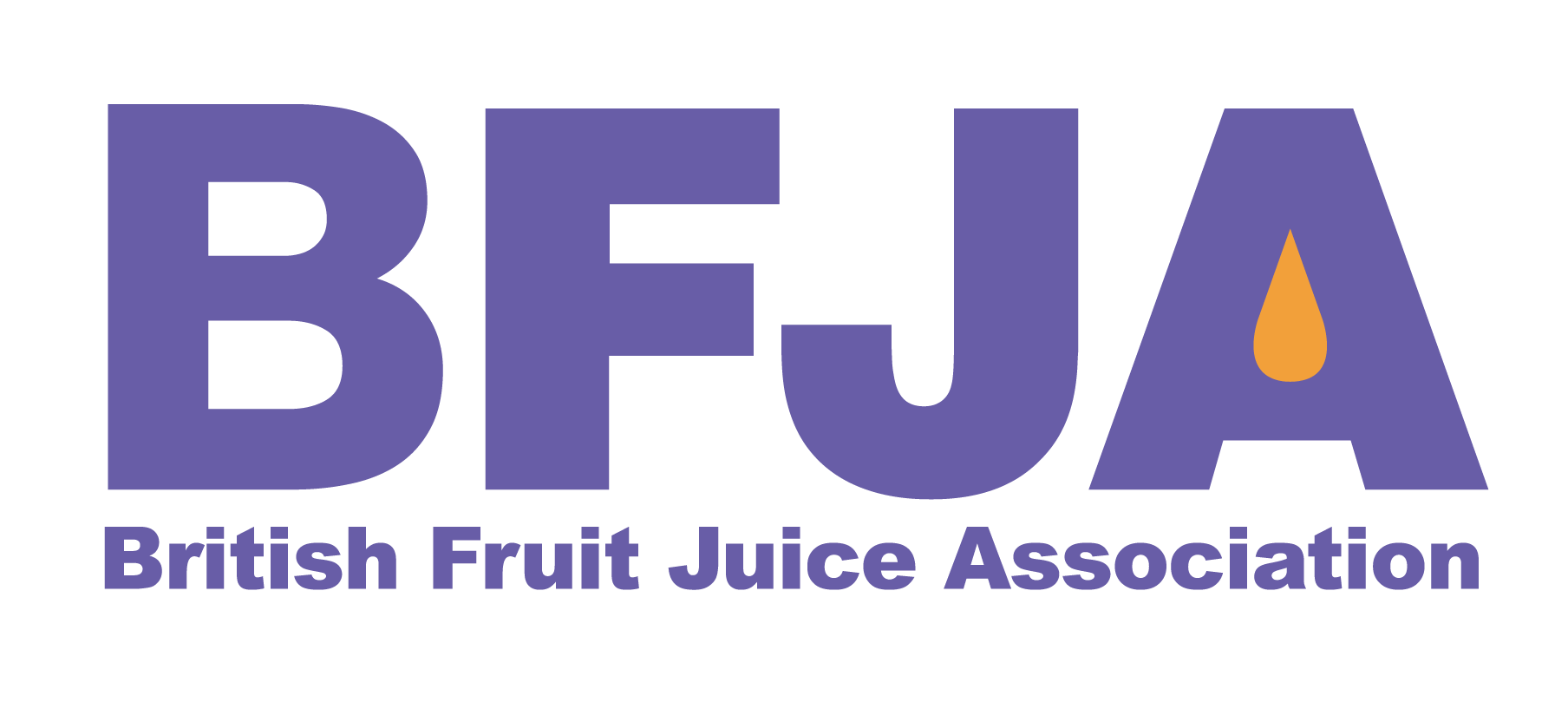Nutrition
See a video produced for the Fruit Juice Matters campaign called Grove to Glass, which talks about the nutritional benefits of fruit juice aimed at Health Professionals
Have a read of our pamphlet which explains the facts and nutritional benefits of 100% fruit juice.
Here are some facts about fruit juices
Few people manage to achieve the five-a-day target.
In the UK, only 8% of children aged 11-18 years, 31% of those aged 19-64 years and 26% of those aged 65+ meet the five-a-day recommendations [1]
The current UK national average is:
· under 3 portions (2.7) for children 11-18 years
· 4.2 portions for adults aged 19 to 64 years
· 4.3 portions for adults aged 65 to 74 years
· 3.4 portions for adults aged 75 years +
[1] National Diet and Nutrition Survey. Results from Years 7-8 (combined) of the Rolling Programme (2014/2015 - 2015/16).
Fruit juice can help people achieve their five-a-day target
· Consuming fruit juice is associated with a higher, not lower, consumption of fruit and vegetables across all ages and appears to be a marker of a ‘health conscious diet’
· Fruit juice drinkers are 42% more likely to achieve their five-a-day
· Drinking ≤150ml fruit juice has no impact on teens’ free sugar intake
[1] Gibson, S (2012) Fruit juice consumption in the National Diet and Nutrition Survey (NDNS 2008-2010): associations with dietary quality and indices of obesity and health. Proceedings of the Nutrition Society (2012) 71, (OCE3), E232
[2] Gibson S and Ruxton C.H.S (2016) Fruit Juice consumption is associated with intakes of whole fruit and vegetables, as well as non-milk extrinsic sugars: a secondary analysis of the National Diet and Nutrition Survey. Proceedings of the Nutrition Society (2016) 75, (OCE3), E259.
100% fruit juice is a valuable source of nutrients and fruit bio-actives
VITAMIN C: Supports normal immune function and reduces oxidative stress (antioxidant effect); Contributes to normal collagen formation in the gums, teeth, bones and skin;
POTASSIUM: Helps maintain normal blood pressure and normal muscle function
FRUIT BIOACTIVE COMPOUNDS – FLAVONONES, CAROTENOIDS, PECTIN: Carotenoids more bioavailable in 100% OJ than in whole oranges
FIVE A DAY: 150ml of 100% orange juice counts towards 1 of your 5-A-Day
FOLATE: Contributes to healthy psychological function
TOTAL SUGARS: 13.6g, which is 15% of RI for sugars GI of 50, which is low
ENERGY: 61.5kcals, which is 3% of total calories in a typical 2,000 calorie diet
Sugars and Fruit Juice
The sugars in fruit juice are naturally occurring and always come directly from the fruits that have been squeezed
The amounts and types of sugars vary from fruit to fruit and are mostly fructose, but also include glucose and sucrose
SACN report on carbohydrates and health (2015) classifies them as free sugars
Children 11 years + and adults are advised to have no more than 5% of daily energy from free sugars = ~30g
A 150ml glass of OJ provides 13.5g of free sugars = 15% of an adult’s RI* for total sugars and 45% of an adult’s max free sugar intake
The naturally-occurring sugars in fruit juice come packaged with water, vitamins, minerals and fruit bioactive compounds
Fruit Juice and Body Weight
150ml of fruit juice contains around 60-80kcals, which is around 4% of the RI for energy (2,000kcal)
Fruit juice provides the same amount of calories and sugar as a piece of fruit (61.5kcals in orange juice vs. 57.4kcals in an orange)
People are not over-consuming fruit juice: mean fruit juice consumption is 83mls/day (11-18 yrs) and 52mls/day (adults 19-64 yrs)- that equates to just 34 and 21kcals
SACN report on carbohydrates and health (2015) found no evidence that 100% fruit juice contributed to BMI, adiposity or weight gain
Research shows that fruit juice drinkers are more likely to have a healthier diet, lower BMI and lower waist circumference than non-drinkers [1, 2]
[1] Gibson, S (2012) Fruit juice consumption in the National Diet and Nutrition Survey (NDNS 2008-2010): associations with dietary quality and indices of obesity and health. Proceedings of the Nutrition Society (2012) 71, (OCE3), E232.
[2] Celis-Morales C et al (2017) Correlates of overall and central obesity in adults from seven European countries: findings from the Food4Me Study. Eur J Clin Nutr.

